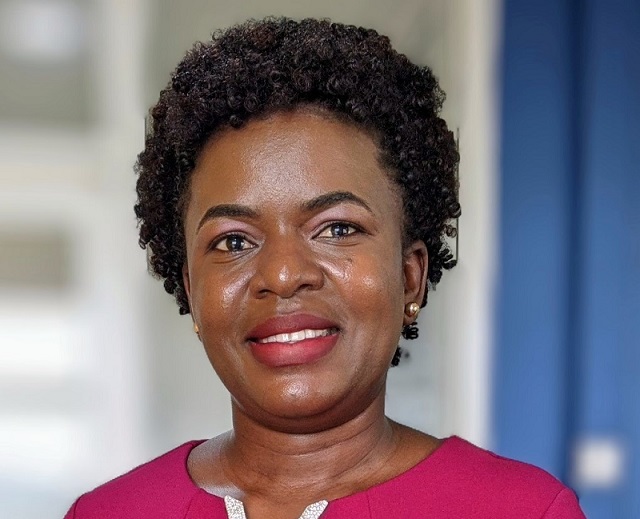
Kampala, Uganda | ISAAC KHISA | Ugandan’s are now embracing use of loans to acquire cars of their choice as they strive for a convenient transport means. Faith Margaret Naikayu, the Commercial Manager at Autochek Uganda, a digital car financing marketplace in an interview spoke about the new trends in car ownership and financing options.
It’s interesting to learn that millennials are driving car sales up in Uganda. What are the main factors that are contributing to this trend?
There are several factors that are contributing to the rise in car purchases among millennials in Uganda. Firstly, Uganda has been experiencing steady economic growth in recent years, leading to an increase in disposable income among young people. Many millennials now have the financial means to purchase a car, and they are doing so in large numbers. Secondly, the availability of car financing offered by a number of financial institutions including banks and micro-finance institutions. This has enabled millennials to continue buying cars even as prices have kept rising over the past 3 years.
What are the factors behind a surge in prices for used cars?
There are a number of factors that have caused the prices of used cars to shoot up but the most notable ones are the tough economic conditions along with the shortage in supply of new cars. These have forced car owners to shelve the idea of disposing of their current vehicles with the fear of not being able to afford newer ones or lack of availability of the recent model they desire.
This has created a shortage of used cars, causing an increase in their prices. As a result, car buyers in Uganda are opting for financing or slowly shifting towards buying locally used cars with better features and advanced technology that are being disposed of around the same price or slightly higher as a smaller foreign-used vehicle.
Also, many millennials are tech-savvy which motivates them to look for newer cars with advanced technologies like the hybrid drive terrain, as well as functional upgrades such as cruise control, start-stop buttons, lane assist, and 360-degree cameras among others which are found in recent cars. Lastly, many millennials are starting families or already have families which make the need for a family car very high among them.
What kind of cars are millennials buying in Uganda, and how much are they willing to
spend on them?
According to data from our digital automotive financing marketplace, Autochek Uganda,
Millennials led in car purchases on loan with 57.4%. Millennials in Uganda are more inclined towards vehicles with low fuel consumption and relatively cheap to maintain. The average cost of the cars they bought was Shs 40million which include Passo Sette, Toyota Fielder, Toyota Premio, and Subaru Impreza among others. Toyota was the most bought brand, followed by Subaru, and Nissan came third. It’s no surprise that Toyota cars led since they can be found across all budgets and they are believed to be cheaper to maintain. But most importantly, the millennials have access to loans that empower them to drive the cars they need.
On the other hand, generation X, who were born between 1965 and 1980, bought cars averaging Shs 60 million and went for bigger vehicles with good ground clearance like the Toyota Vanguard, Subaru Forester, and the Toyota Rav4. They accounted for 19.6% of cars bought from loans. The majority of car buyers in this age group desired cars with off-road capabilities, a possible indication that they are following up on their investments out of town as they plan for retirement.
Generation Z, who went for smaller cars ranging at Shs 27 million, bought their first car with their preference for Toyota Passo and Toyota Vitz. Baby boomers bought the least amount of cars through loans, indicating that most of them were cashing in their retirement funds and not requiring car loans as much as the other age sets.
With the exclusion of economic growth and availability of car loans, what other factors are contributing to the rise in car culture in Uganda?
Other factors that are contributing to the rise in car culture in Uganda is the rise of ride-sharing services such as Uber, SafeCar, and Bolt. Young people can now earn an income through ridesharing, and owning a car is becoming a necessity for those who want to participate in the gig economy.
Furthermore, cars are no longer considered a luxury but a necessity, especially with the state of our public transport. So many people dream of owning a car to travel conveniently and have an increased sense of independence. Overall, the rise in car sales in Uganda is a reflection of the changing economic and social landscape in the country.
 The Independent Uganda: You get the Truth we Pay the Price
The Independent Uganda: You get the Truth we Pay the Price



